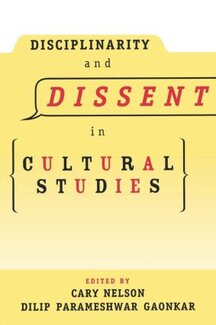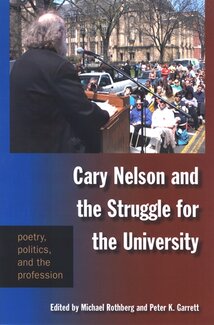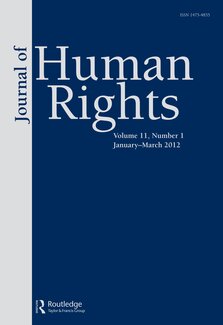Monolingualism and Its Discontents
"What follows brings together scholars, writers, and translators working in fields that are rarely in conversation to see what new insights and frameworks these exchanges might generate. In that spirit of experimentation, it also brings together writers habituated to a variety of genres, both cultural critics and producers—to enrich our explorations of how we count languages and what counts as a language. In every sense, then, this cluster is conceived of as a space to propose new approaches, to pursue unexpected openings, to test hypotheses, and to revise assumptions. Some essays explore hip hop, jargon, and Mesoamerican pictorial writing as monolingual phenomena that challenge how we define language and the range of media we take into account (Calderwood, Chow, Garcia). Several examine the monolingualizing pressures of language policy implemented at the imperial, continental, national, settler-colonial, disciplinary, and familial level, documenting their dispossessive force but also their unforeseen and incalculable consequences (Ben Amor, Choi, Dowling, Fleming, Sorensen, Walkowitz, Watson). A number of essays examine the claims of monolingualism outside European models and histories (Ben Amor, Calderwood, Choi, Dowling, Garcia, Mani). All these essays dwell with acuity and subtlety on the generative and destructive power of monolingualism, asking us to reflect on how our disciplinary expertise and investments, our theories and methodologies, and our pedagogies and institutional practices can better account for the vitality, beauty, and world-building power of the languages that are our inheritance and that will shape our futures. What does our propensity to count languages in whole numbers miss? Rebecca Walkowitz's rousing call to rethink teaching and research in the discipline and more broadly the university through the lens of English as an “additional language” is inspired by a civic hospitality toward “the languages that operate both within and across literary histories” and the conclusion that we simply must “read literatures that begin in languages beyond English.” Her essay, like all the others in this cluster, points the way to other monolingualisms, and to that which is other than monolingualism." - Introduction to Monolingualism and Its Discontents
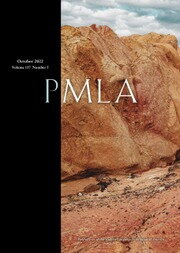
Colonial Racial Capitalism (2022)
The contributors to Colonial Racial Capitalism consider anti-Blackness, human commodification, and slave labor alongside the history of Indigenous dispossession and the uneven development of colonized lands across the globe. They demonstrate the co-constitution and entanglement of slavery and colonialism from the conquest of the New World through industrial capitalism to contemporary financial capitalism. Among other topics, the essays explore the historical suturing of Blackness and Black people to debt, the violence of uranium mining on Indigenous lands in Canada and the Belgian Congo, how municipal property assessment and waste management software encodes and produces racial difference, how Puerto Rican police crackdowns on protestors in 2010 and 2011 drew on decades of policing racially and economically marginalized people, and how historic sites in Los Angeles County narrate the Mexican-American War in ways that occlude the war’s imperialist groundings. The volume’s analytic of colonial racial capitalism opens new frameworks for understanding the persistence of violence, precarity, and inequality in modern society.
Contributors. Joanne Barker, Jodi A. Byrd, Lisa Marie Cacho, Michael Dawson, Iyko Day, Ruth Wilson Gilmore, Alyosha Goldstein, Cheryl I. Harris, Kimberly Kay Hoang, Brian Jordan Jefferson, Susan Koshy, Marisol LeBrón, Jodi Melamed, Laura Pulido
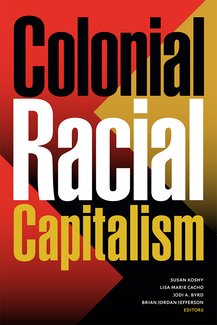
Marxism and the Interpretation of Culture (1988)
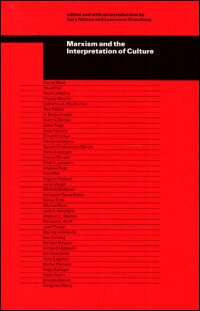
Cultural Studies (1991)
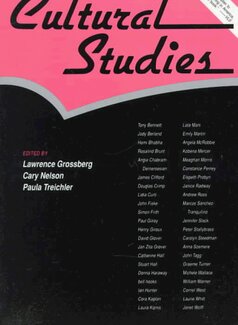
Higher Education Under Fire: Politics, Economics, and the Crisis of the Humanities (1994)
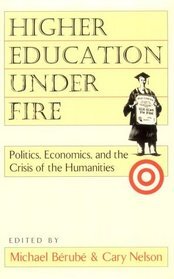
Disciplinarity at the Fin de Siecle (2001)

Postcolonial Studies and Beyond (2005)
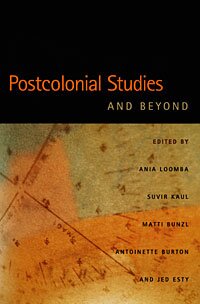
100 English Building
608 South Wright Street
Urbana, Illinois 61801
